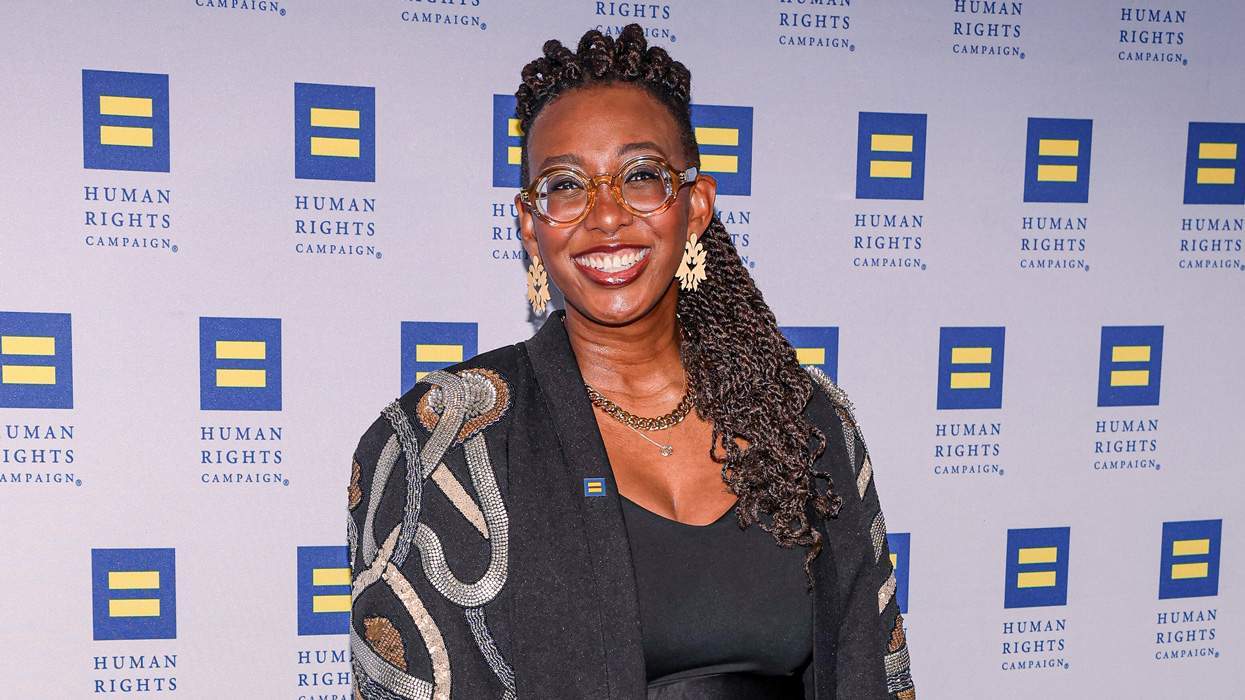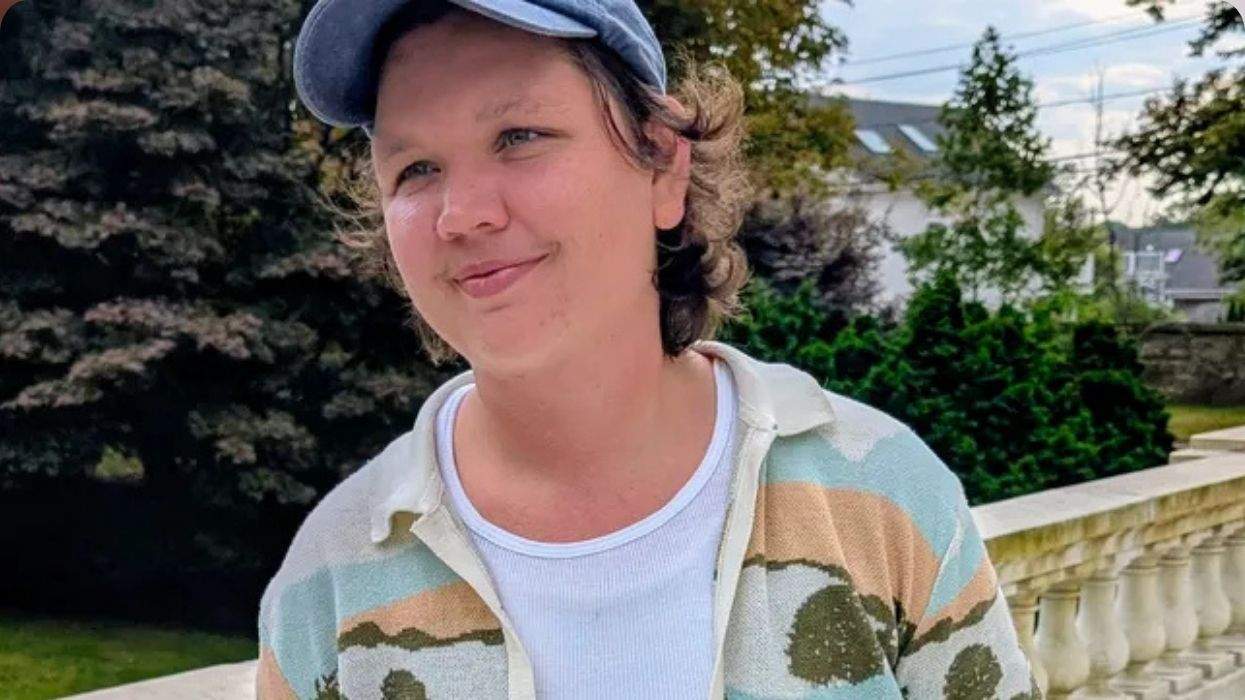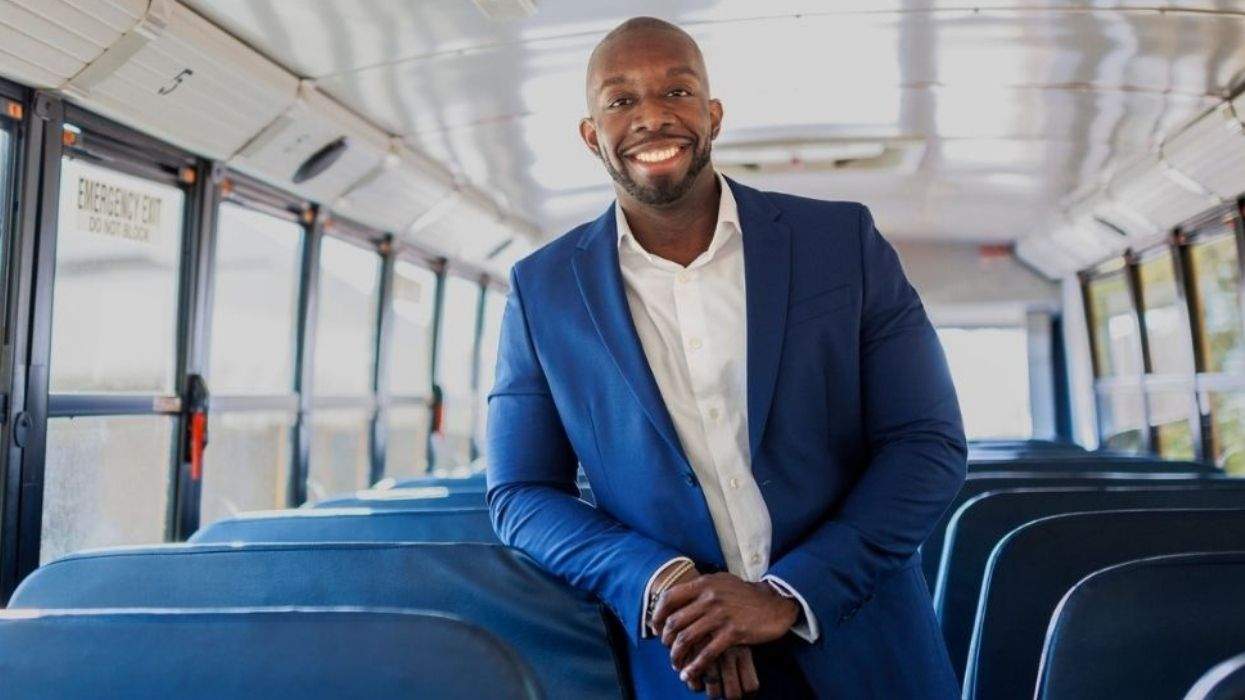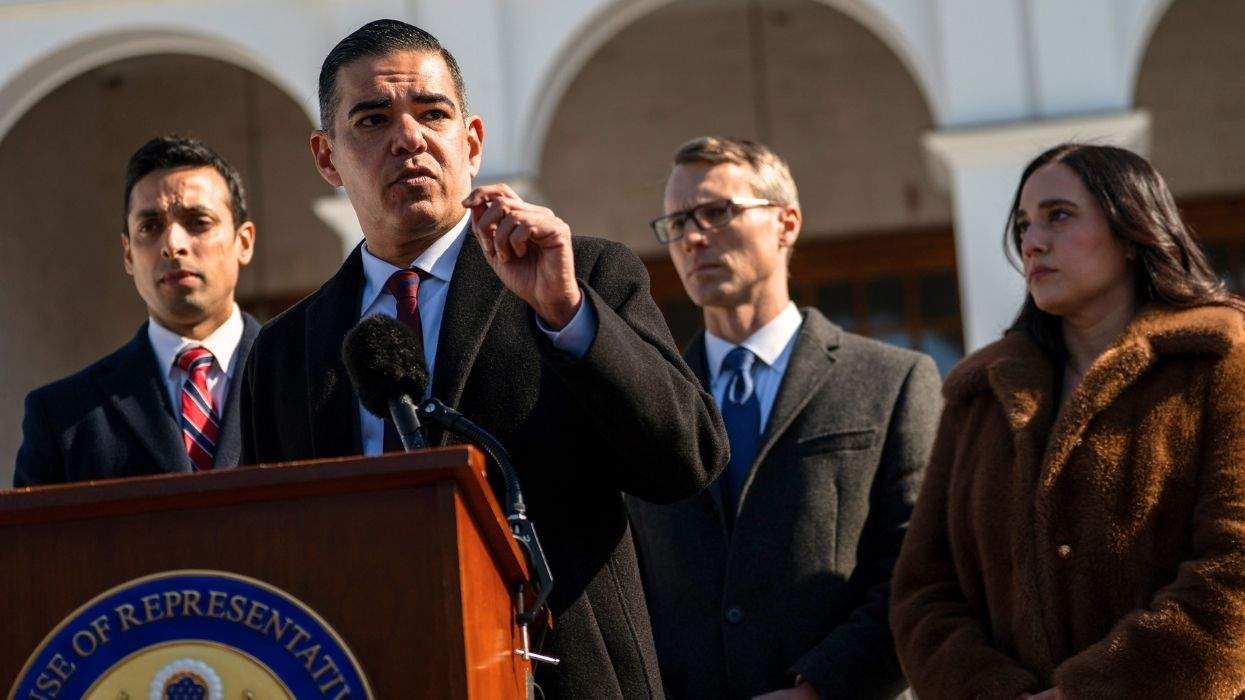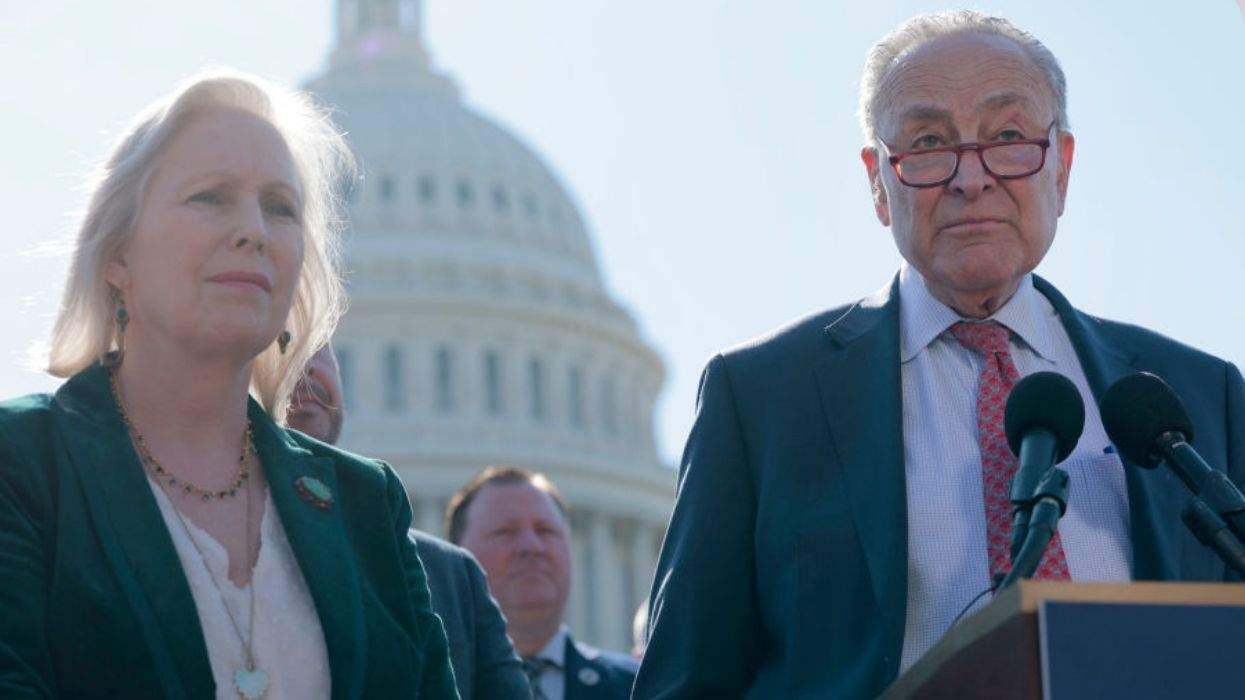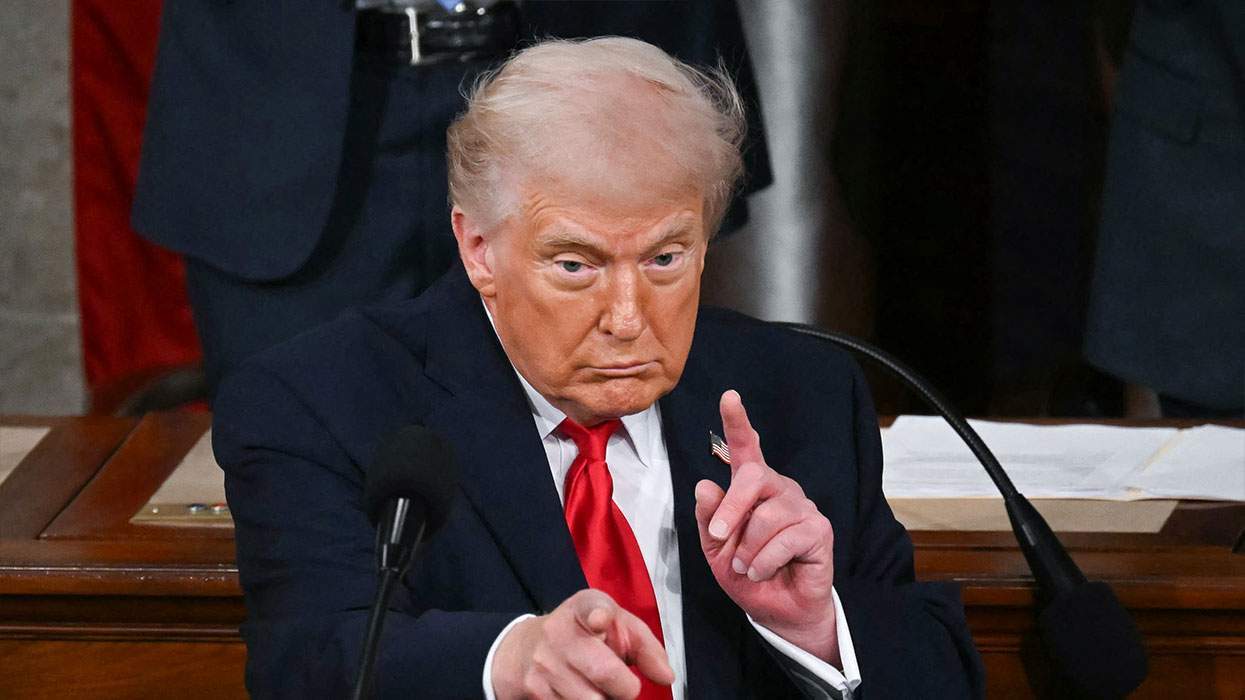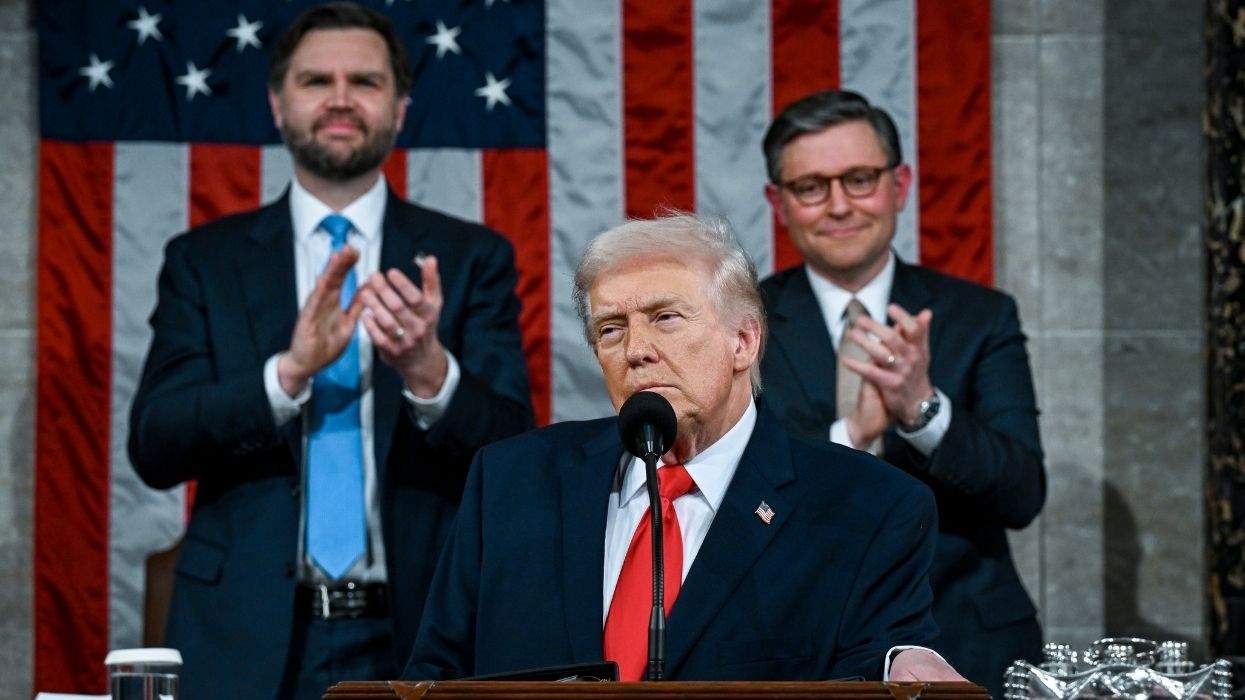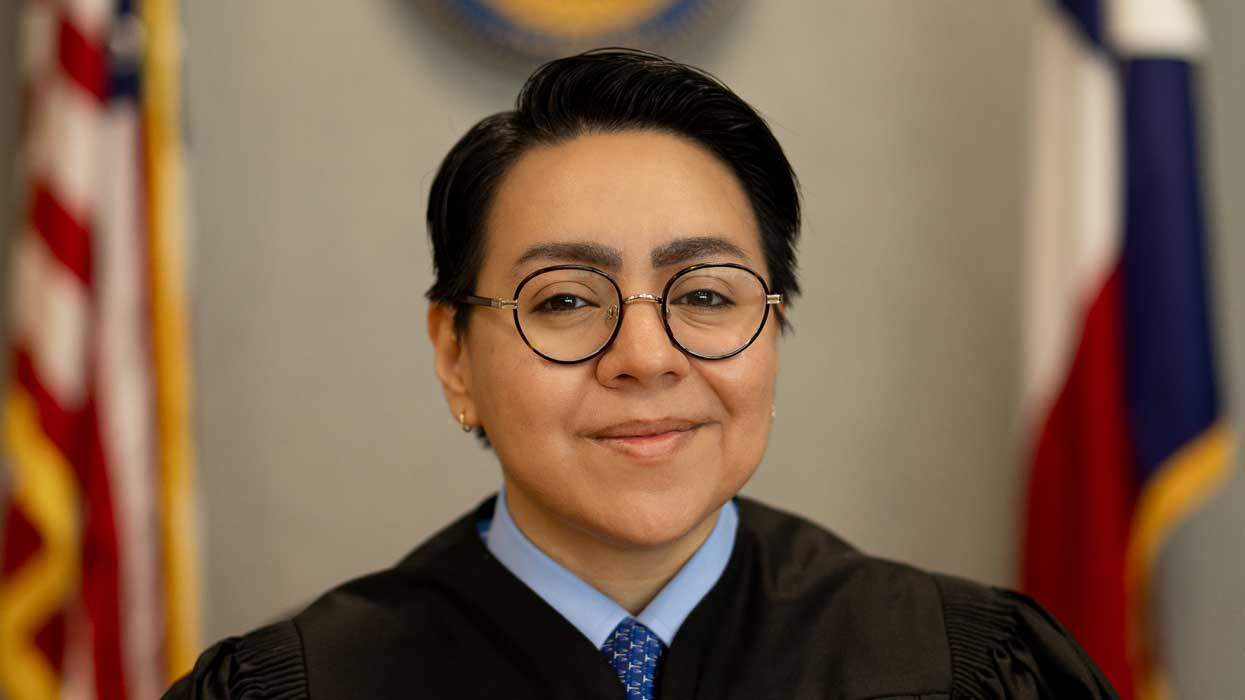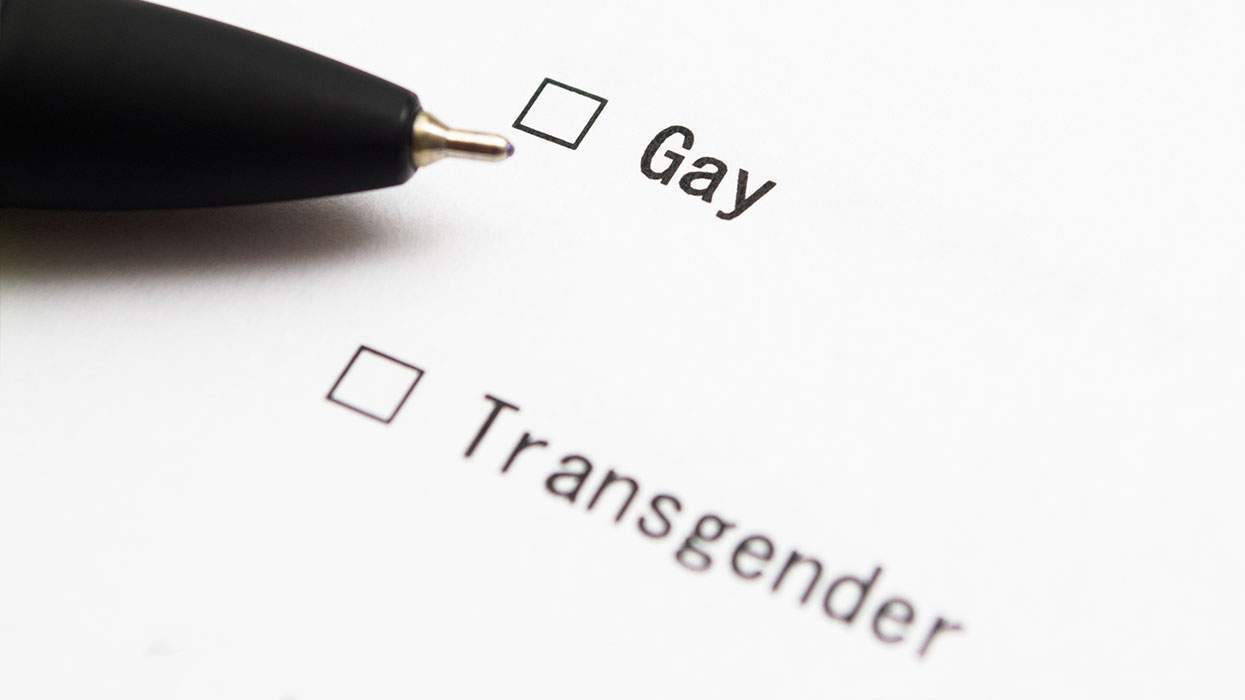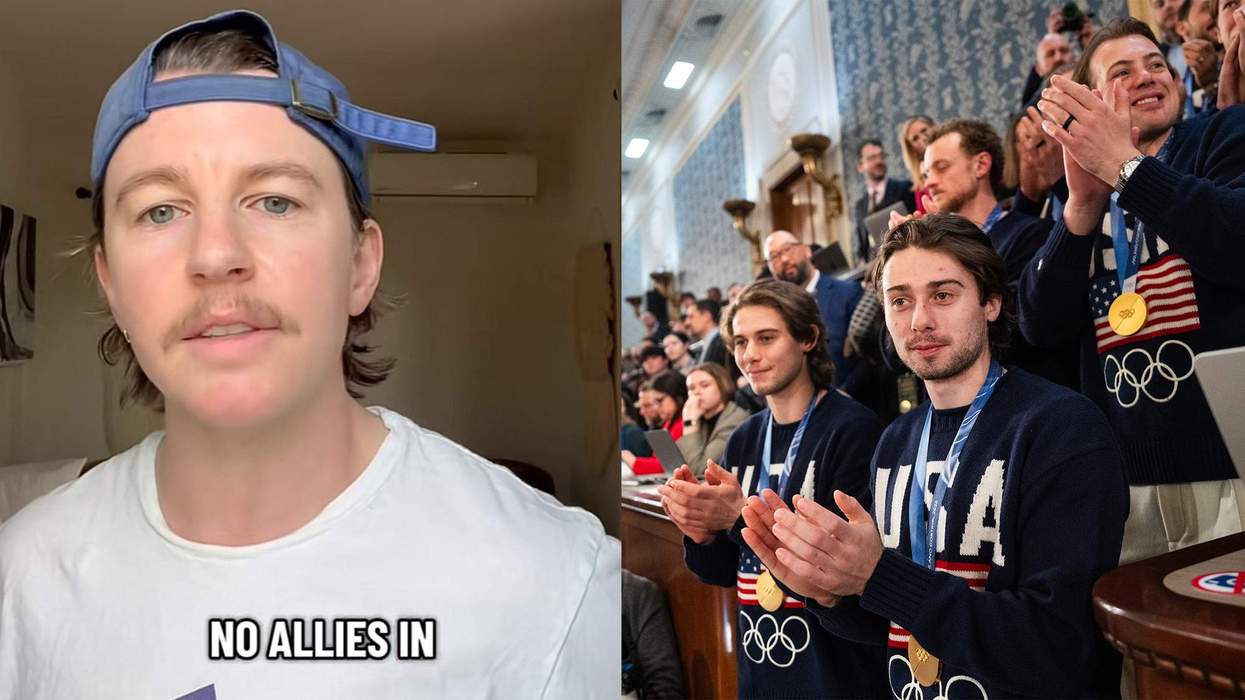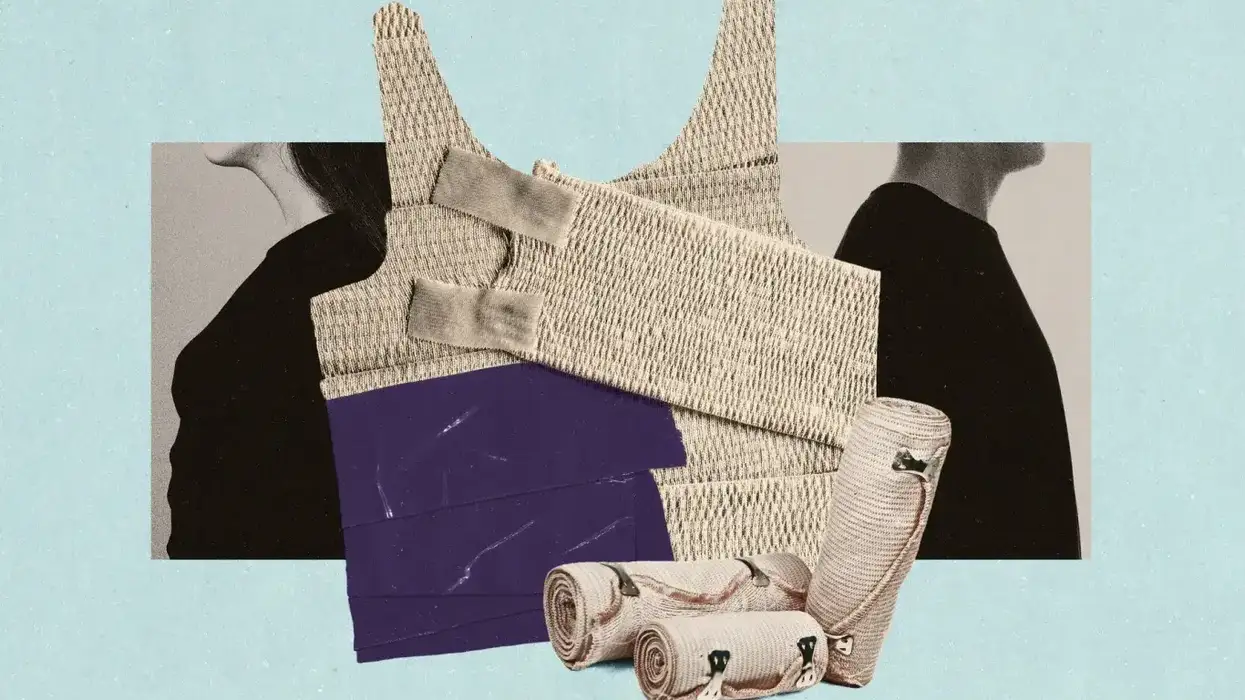It's April, which means the guy more than a dozen women have accused of sexual harassment and/or abuse and who was also caught on tape bragging about grabbing and kissing women without consent has declared it Sexual Assault Awareness Month.
The revelations about Harvey Weinstein's serial predations last October ignited a national reckoning around sexual harassment, and any conversation that continues to illuminate the behavior of people who use sex as power over others should be a positive. But based on Donald Trump's transgressions and his administration's actions that endanger survivors, it adds insult to injury that Trump -- who labeled the accusations against him as "fake news," essentially calling the women who've come forward liars -- is the one who's delivered the Sexual Assault Awareness Month proclamation for the second year in a row. President Barack Obama began delivering the proclamations in 2010.
"Sexual assault crimes remain tragically common in our society, and offenders too often evade accountability. These heinous crimes are committed indiscriminately: in intimate relationships, in public spaces, and in the workplace," reads Trump's presidential proclamation, according to CNN. What he failed to mention was his own record with abuse and harassment and his blatant refusal to believe survivors.
Currently, former Apprentice contestant Summer Zervos, who spoke out about Trump's having harassed her following the release of the Access Hollywood tape in 2016 in which he said of women, "I grab them by the pussy" (without consent), is suing him for defamation, as he then attempted to silence her. Beyond referring to the accusations against him as "fake news," less than two months ago he criticized the #MeToo movement, siding with the accused rather than with the accusers in one of his morning tweets.
"People's lives are being shattered and destroyed by a mere allegation. Some are true and some are false. Some are old and some are new," Trump wrote. "There is no recovery for someone falsely accused -- life and career are gone. Is there no such thing any longer as Due Process?"
When Trump aide Rob Porter left his position amid problems with an FBI background check spurred when his two ex-wives accused him of spousal abuse (one who provided evidence of a black eye), Trump sided with the accused abuser.
"As you probably know, he says he's innocent and I think you have to remember that," Trump said of Porter. "He said very strongly yesterday that he's innocent so you have to talk to him about that, but we absolutely wish him well. He did a very good job when he was at the White House."
The admitted "pussy" grabber who occupies the White House also defended Republican U.S. Senate candidate and accused child molester Roy Moore of Alabama ahead of the election Moore lost to Democrat Doug Jones last fall.
"He totally denies it. He says it didn't happen," Trump said in November about Moore's alleged abuse of a 14-year-old girl decades ago. "I do have to say, 40 years is a long time."
Beyond the cruel irony of Trump issuing a proclamation about sexual assault awareness given his refusal to believe survivors of abuse, last summer his Education secretary, Betsy DeVos, rescinded campus rape guidelines in order to protect the accused.
After giving equal time in meetings to rape denial groups and survivors of sexual assault, DeVos revoked Obama-era guidelines that pushed colleges to adopt a minimal standard of proof in cases of sexual assault and replaced the guidelines with an interim Q&A section on how to handle allegations.
LGBT organizations pushed back against DeVos's cynical move under the Trump administration, pointing out that LGBT people are disproportionately the targets of sexual violence.
"The Secretary's actions are particularly alarming for LGBTQ students: bisexual women are almost twice as likely to experience intimate partner violence than heterosexual women, and are more than twice as likely to experience intimate partner sexual assault," the National LGBTQ Task Force's director of advocacy and action, Stacey Long Simmons, said in a statement. "Nearly half (47%) of transgender people experience sexual violence at some point in their lifetimes. On campus, LGBTQ students and students of color are at least twice as likely to be sexually assaulted or harassed, compared to their non-LGBTQ and white colleagues, and may face discrimination or harassment when reporting those crimes. Students with disabilities are among the most impacted, yet reports by students with disabilities are often ignored."


